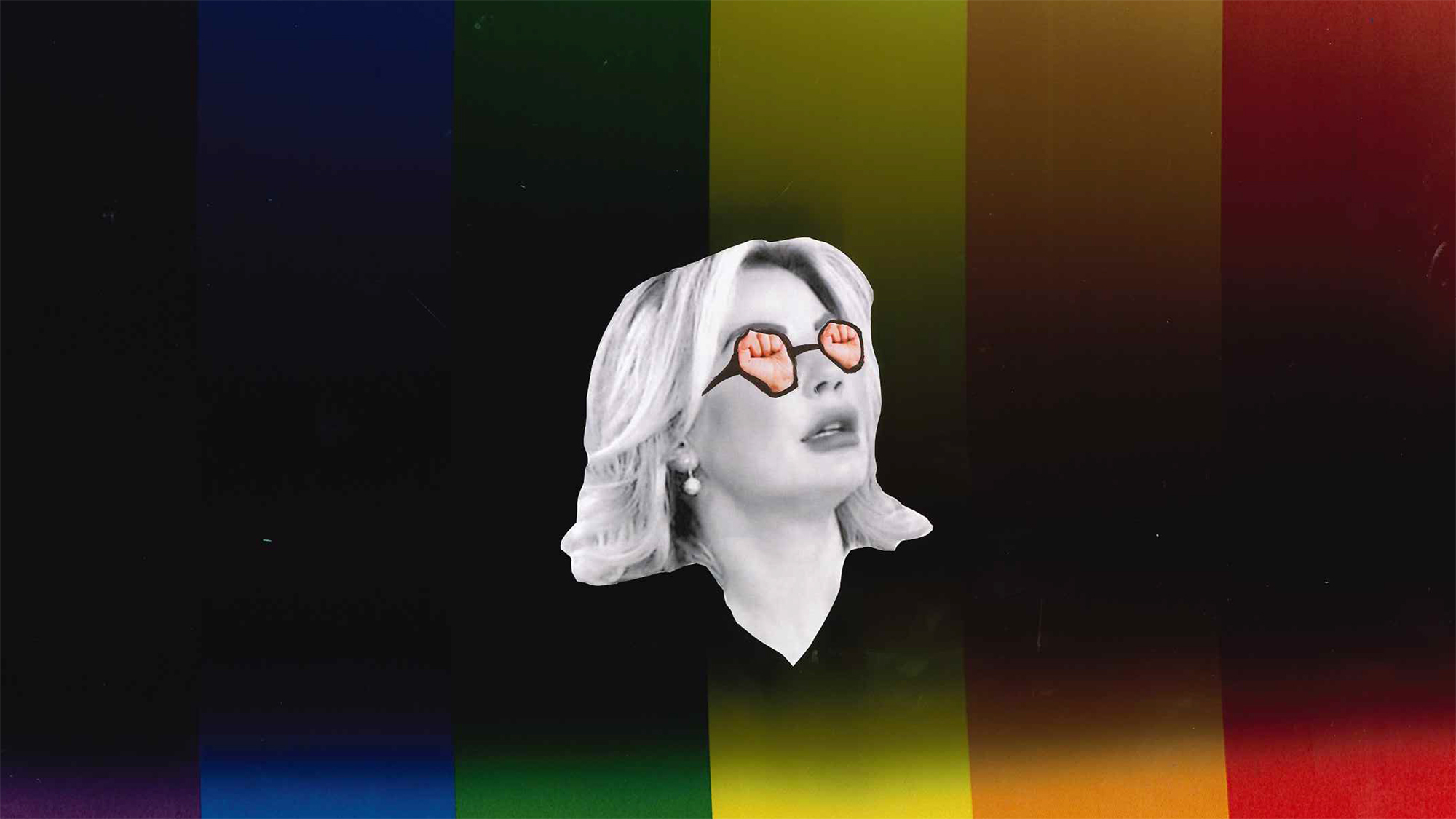
Ms. Balje, will my friends ever be able to count on you?
Elected officials must be held to account for discriminatory speech.
In our functioning democracy, where acceptance and equality are championed as fundamental values, it is disheartening to witness a public figure perpetuate discrimination and hypocrisy.
How can someone be an advocate for equality and justice while actively contributing to the marginalization of a specific community?
How fascinating it is to have history on our side.

Duggi Nokaj
Duggi Nokaj studied at “Faik Konica” journalism school for a year. He graduated with a Bachelor of Business Administration degree, with a concentration in accounting from Florida Atlantic University. He enjoys traveling, reading and hanging out with family and friends.
DISCLAIMERThe views of the writer do not necessarily reflect the views of Kosovo 2.0.
This story was originally written in English.